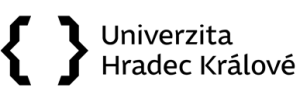The course introduces students to qualitative and quantitative methodological procedures in political science applicable to research of non-European areas. The course is thematically divided into three areas. The first one defines the basic concepts related to the research process, introduces the methodology as a research method and focuses on the principles for creating hypotheses and causality issues. In the second part, the main qualitative methods of empirical research are analysed in more detail. The course introduces students to advanced methods of comparative political research and enables their application to specific research questions. The course focuses on methods that use configuration logic, especially case studies, qualitative comparative methods, qualitative comparative analysis (QCA), and configuration analysis using fuzzy sets. The last part of the course focuses on selected quantitative research techniques. Students will get acquainted with the scale of association between nominal, order and ratio variables and with the interpretation of regression models.
Emphasis will be put on the practical use of the research methods discussed in students' own research. The course is designed to provide practical guidance for designing and developing your own research project. After completing this course, the students should be able to successfully apply the acquired methodological knowledge in their own research and in their dissertation. Furthermore, they should be able to critically evaluate existing political researches from the methodological point of view. The obligatory literature for the course also includes existing empirical researches in the field of comparative political science, which use the methodological procedures discussed. Students will gain a comprehensive overview of not only individual methods and their principles, but also the possibilities of using these analytical methods.
- Učitel: Karel Kouba
